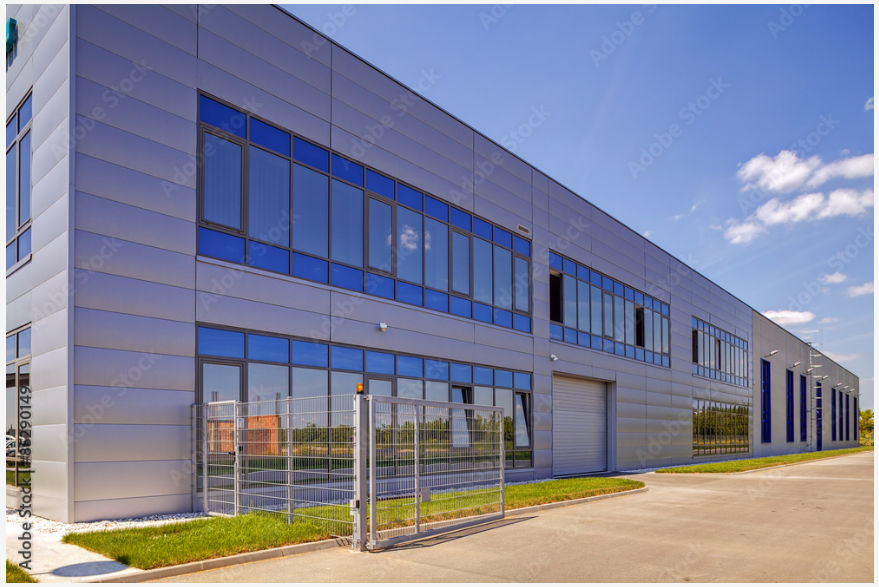“As an entrepreneur, I find this unacceptable because no country in the European Union is raising taxes in the current situation, so Slovenia is the exception when it comes to the existing policies of the EU countries,” Slovenian entrepreneur Dušan Šešok, owner of the Iskra Group, told the Poslovni Dnevnik media outlet. Namely, due to a more favourable tax system and a lower rate of taxation than in Slovenia, the Slovenian manufacturing group Iskra has decided to embark on an investment project worth 15 million euros; the construction of a new factory in Bosnia and Herzegovina, where up to 500 new jobs will be created.
The Slovenian company Iskra, owner of two large Croatian manufacturing companies, continues its investment drive in 2023 with an expected total revenue of around 280 million euros in 2022. This time it has chosen to invest in Bosnia and Herzegovina, which has a more favourable tax system and a much lower tax rate than Slovenia, which has the highest one in the European Union. This will strengthen Bosnia and Herzegovina’s status in the region and will create 500 new jobs. With a more favourable tax environment, a factory like this could have been opened in Slovenia, too.
The predictions of big businesses and business people are coming true. The consequences of the Golob government’s decision to raise taxes are already being felt by the Slovenian economy, especially by the people who will lose their jobs as a result. In this case, we are talking about 500 new jobs that will open up in Bosnia and Herzegovina when a new project is completed, in which Slovenia’s company Iskra will invest – thanks to a better tax environment. In addition to the regular investments, a new factory will be built on a 25,000 m2 building plot, which will include a new 15,000 m2 factory hall. These activities are also expected to create 500 new jobs in addition to the 100 already secured. This project will increase the number of employees in the Iskra Group by around 30 percent, from the current 1,700 to around 2,200. According to Poslovni.hr media outlet, this move strengthens Iskra’s position in the region and Bosnia and Herzegovina’s status for the expected EU integration.
Šešok: It is unacceptable that Slovenia is raising taxes in this situation
According to Šešok, lower operating costs and electricity prices (80 euros per MWh) in Bosnia and Herzegovina, and, in particular, the unfavourable Slovenian tax legislation, as we have the highest tax rate in the European Union, were the reason for this decision. “In the Republika Srpska [which is one of the two entities of Bosnia and Herzegovina], the profit tax is 10 percent, while in Slovenia, it is 19 percent. The current trend under the announced tax reform is to increase the tax burden on profits and wealth in Slovenia, allegedly in favour of lower taxation of labour. As an entrepreneur, I find this unacceptable because no country in the European Union is raising taxes in the current situation, so Slovenia is the exception when it comes to the existing policies of the EU countries,” said Dušan Šešok. There are also discussions going on, on raising the minimum wage by 100 euros, as he believes that wages should be regulated through the supply-demand relationship that prevails in the market. The entrepreneur believes that if wages are raised administratively, this acts as a generator for a new cycle of inflation, which is the biggest problem in the business of European entrepreneurs.
Slovenian entrepreneur Dušan Šešok told the media outlet Poslovni Dnevnik that the location of the new factory will be in the town of Laktaši, which is also known for its thermal spa, and the opening of the factory is scheduled in early 2024.
Šešok is concerned about an inflationary spiral and exponential wage increases in the public sector
Although the EU economy’s share of global GDP is declining and the EU is the main market for Iskra’s companies, Šešok predicted that in 2022 and 2023, the EU economy will stabilise and align with global trends. He pointed out that European manufacturers of a wide range of industrial products will be guaranteed full employment as demand grows, with the boom in electrical and green technologies. He also stated that he is optimistic about the end of the war in Ukraine. He believes that China will play a major role in it, but is concerned about an inflationary spiral and over-indebtedness of central governments and exponential increases in public sector wages.
Investment also in Croatia
New investments worth 15 million euros for two new halls in Šibenik and the extension of the operational waterfront are also in the pipeline. According to Šešok, the capacity of the Šibenik shipyard will be filled by the end of the year, as well as that of the Iskra and Elka companies, after investments reached 2,000 tonnes per month in the previous period following the takeover of the Zagreb plant. By the end of 2023, Elka’s capacity is expected to double from its initial level at the time of the takeover. Elka also looks forward to relocating from its current site in Zagreb in the coming period. The currency changeover will certainly improve the situation and simplify operations, explains Šešok, who, on the other hand, based on his experience as former Minister of the Economy and Finance in two Slovenian governments and his experience with Slovenia’s entry into the euro area, mentioned the problem of price increases in the first days of the introduction of the euro as the official currency in Croatia.
Tanja Brkić


